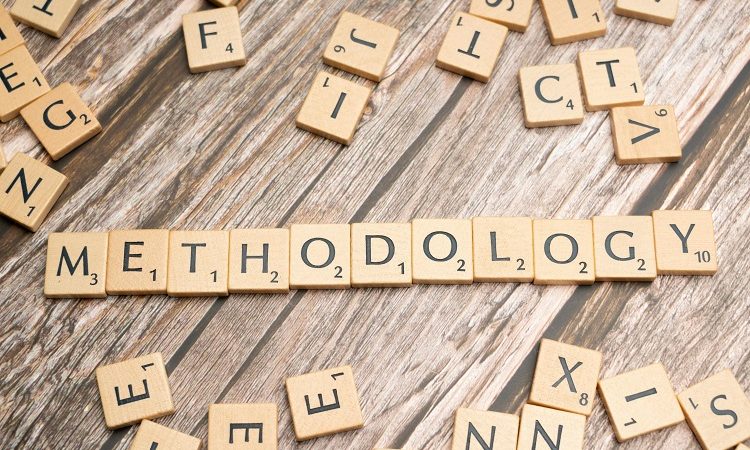Data Science and Machine Learning- What are the Differences?

The concept of data science utilises all science techniques, resources, and modern tools. One can get a way to decide on strategies of the business. Nowadays, industries rely on data science for their growth and functioning. For a very long time, the agencies have been using techniques related to data science to increase their workspace and employment. The analysis process is done through data with the help of different sources and arrangements.
DIFFERENT STAGES OF DATA SCIENCE ARE AS FOLLOWS
- Process- This stage consists of concepts like clustering, classification, data summarisation, mining of data, and data modelling. Data scientists make use of organised data and examine their series and patterns. They also look at any kind of business and manage its uses in predicting investigation.
- The concept of modelling is used for determining the rules responsible for obtaining the solution to the problem.
- Analyse- This stage involves having a complete analysis of data.
- Capture includes extraction, signal reception, data entry, and acquisition of data. It collects unstructured or raw structured data.
- Communicate- It consists of visualisation tips, data reporting, and intelligence related to business. In this stage, the analysis is done for the last time. Charts, graphs, and reports are formed in a comprehensible way by the analysts.
- Maintain- It is responsible for gaining raw data and then using it in a form.
Artificial Intelligence is a vast field consisting of machine learning. It constructs accurate software applications to predict the results that are not well expressed. The rules of machine learning use previous data to predict new data values.
MACHINE LEARNING USES
- Fraud detection
- Business process automation
- Spam filtering
- Predictive maintenance
- Malware threat detection
- Recommendation Engines
Various platforms offer the best data science courses. One such is Coursera, which is a ‘Google data analytics professional certificate’. This course provides in-depth knowledge of data analytics. The duration for completing this course is one, three, or six months. The topics included in this course are tools of a data analyst, analytical thinking, lifecycle of data, steps of data analysis, and available job opportunities. By enrolling through Coursera, the applicants gain membership in ‘big interview’. With this, one will get the training for the preparation for interviews.
All data science courses include mathematics, business growth tools, algorithms, and machine learning techniques. Making business decisions will be easier due to the available information on resources and raw data.
THE TOPICS COVERED IN DATA SCIENCE SOURCES ARE AS FOLLOWS
- Python
- Statistics
- Databases
- SQL
- Business Intelligence
- Data Engineering
- Business management
- Apache-spark
- Biostatistics
- R programming
Conclusion
There are various data science machine learning course options available that one can easily avail of the trends of customer behaviour and the patterns in business operation. Machine learning is the main concept for work operations used by corporations like Facebook, Uber, and Google. This concept is also used for differentiating contenders. Data scientists explain the performance of databases. Both the fields of data science and machine learning are used in e-commerce, marketing and health industries. Machine learning is used for the production and understanding of data.





